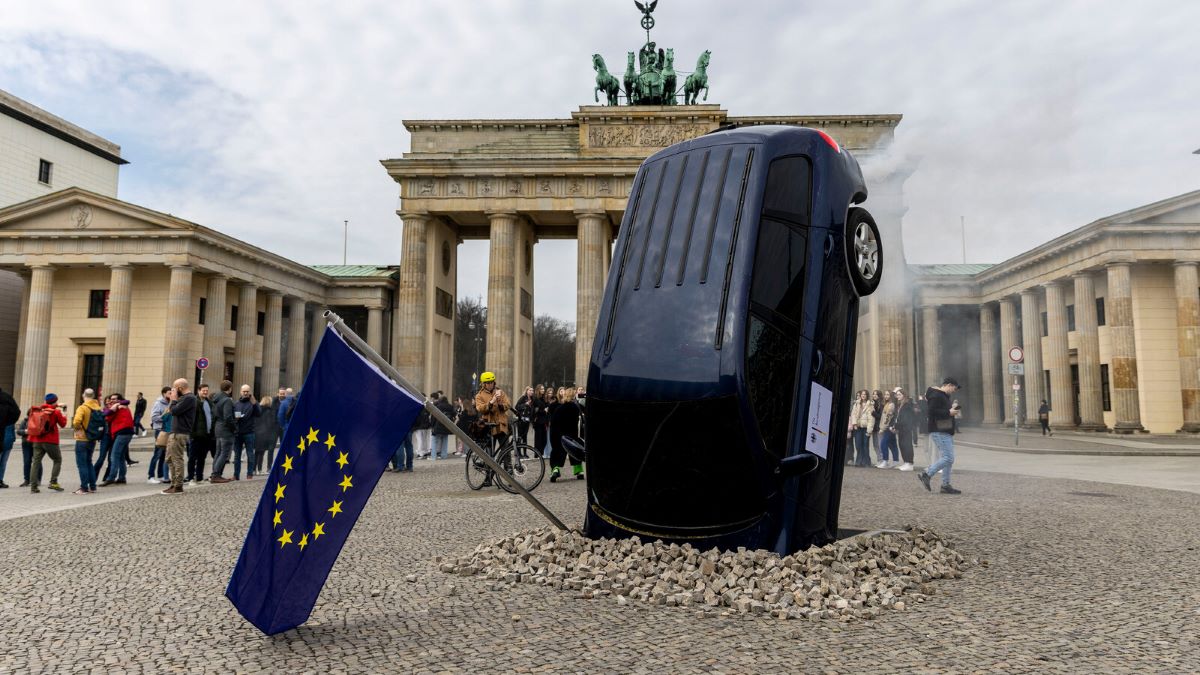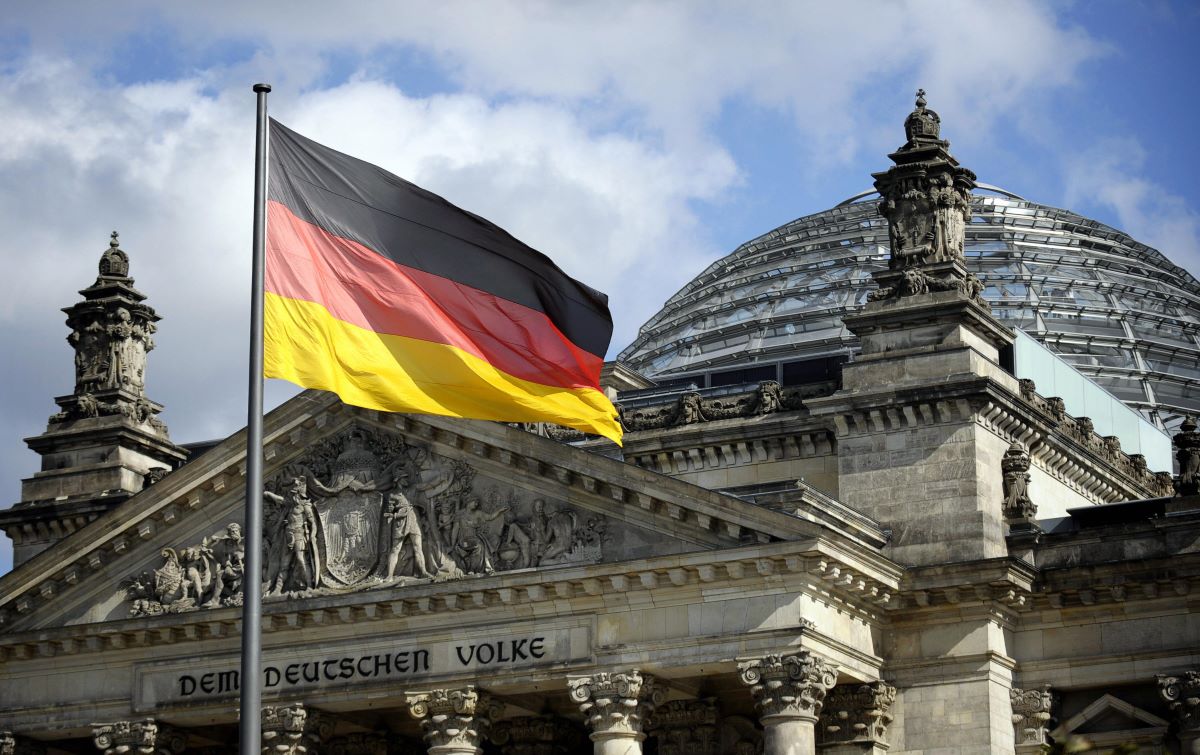The German government has reached a consensus with the European Union to permit the sale of vehicles powered by renewable energy fuels beyond 2035, resolving a dispute that jeopardized a crucial element of the bloc’s climate neutrality strategy.
Volker Wissing, Germany’s Minister for Transportation, announced on Saturday that Berlin secured commitments from negotiators ensuring that the rules for new vehicles would be technology-neutral, thus permitting the use of carbon-neutral synthetic fuels, known as e-fuels.
Germany had been advocating for an exception to the E.U.’s proposed 2035 ban on internal combustion engines.
“This paves the way for vehicles with combustion engines that only use CO2-neutral fuels to be newly registered after 2035,” stated Mr. Volker Wissing.
“In the initial phase, a vehicle category exclusively for e-fuels is to be created and subsequently integrated into the fleet limit regulation,” he added. This process is expected to be completed by the fall of 2024.

Berlin’s decision in early March to seek amendments to the E.U. legislation came just before a final vote, causing a split among E.U. governments and threatening to derail legislation that is a key part of the European Union’s ambitious goal to achieve carbon neutrality by 2050.
Germany’s stance received backing from some carmakers, including Porsche, but drew criticism from other manufacturers that have heavily invested in transitioning to electric vehicle production in anticipation of the ban.
The vote is now set to take place on Tuesday when energy ministers convene in Brussels.
Several other countries, including Italy and the Czech Republic, which had opposed the legislation, will be unable to gather enough votes to prevent its passage. Italy sought additional assurances, including exemptions for cars using biofuels.
“We will now work on getting the CO2-standards for cars regulation adopted as soon as possible, and the Commission will follow up swiftly with the necessary legal steps,” stated Frans Timmermans, the vice president of the European Commission who oversees the bloc’s climate neutrality efforts, on Twitter.







Leave a Reply